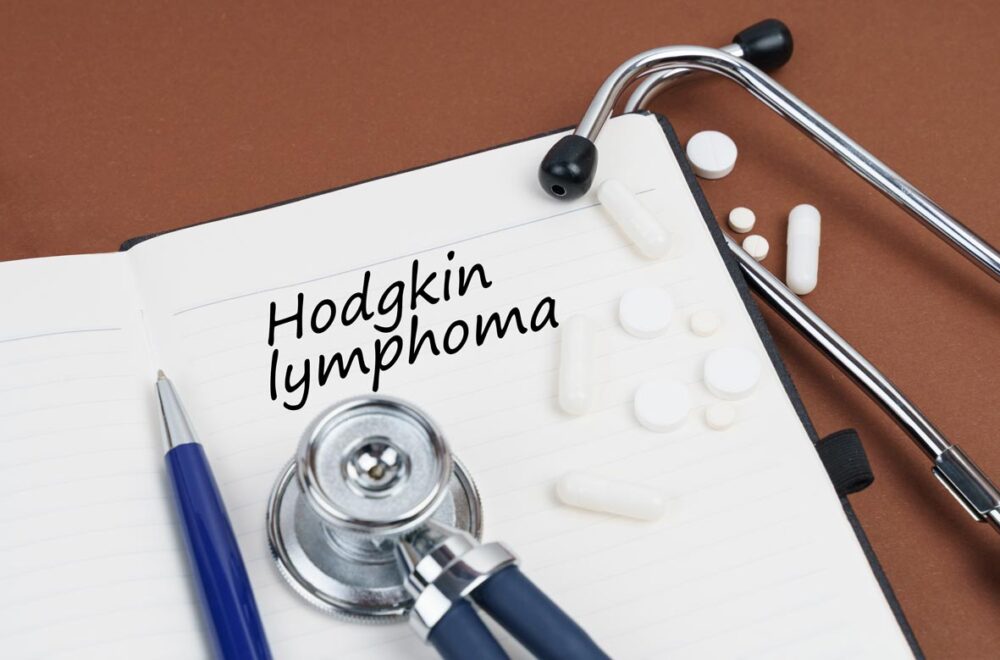Advertisment
Immunotherapy with nivolumab increases survival in advanced Hodgkin lymphoma

An investigative immunotherapy regimen for advanced Hodgkin lymphoma has increased the survival rate from 80 percent to 92 percent, researchers reported on Oct. 17, 2024 in the NEJM/New England Journal of Medicine.
Standard care for Hodgkin lymphoma, which utilizes chemotherapy and radiation therapy in the youngest patients, already has a cure rate of 80 percent. “But the 20 percent who are not cured have a long road ahead,” said senior investigator Jonathan Friedberg, MD. Director of the Wilmot Cancer Institute at the University of Rochester in Rochester, NY. “The goal of this study was to improve the cure rate while also minimizing side effects and long-term toxicities—and that’s what makes this an unprecedented clinical trial,” Friedberg added.
The authors conducted a phase 3, multicenter, open-label, randomized trial in which they enrolled subjects who were at least 12 years old and who had newly diagnosed stage III or IV Hodgkin’s lymphoma.
The subjects were randomized to receive brentuximab vedotin with doxorubicin, vinblastine, and dacarbazine (BV+AVD) or nivolumab with doxorubicin, vinblastine, and dacarbazine (N+AVD).
Of 994 randomized subjects, 970 were included in the efficacy analyses.
At the second planned interim analysis (median follow-up of 12.1 months), the threshold for efficacy was crossed, indicating that N+AVD significantly improved progression-free survival as compared with BV+AVD (P=0.001).
The investigators repeated the analysis at a median follow-up of 2.1 years. The 2-year progression-free survival was 92% for N+AVD, as compared with 83% for BV+AVD.
The authors noted, “Overall, 7 patients received radiation therapy. Immune-related adverse events were infrequent with nivolumab; brentuximab vedotin was associated with more treatment discontinuation.”
“This new analysis with more patient follow-up is critical to understanding the clinically meaningful benefit obtained from N-AVD compared to BV-AVD,” said Michael LeBlanc, PhD, lead biostatistician on the study and professor of biostatistcs at Fred Hutch Cancer Center in Seattle, Washington.





